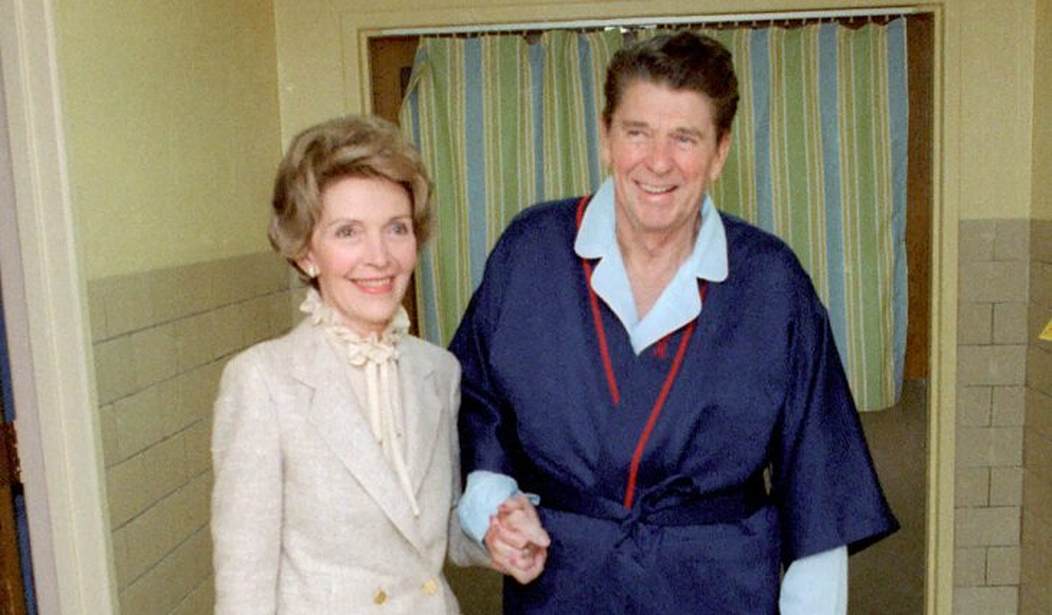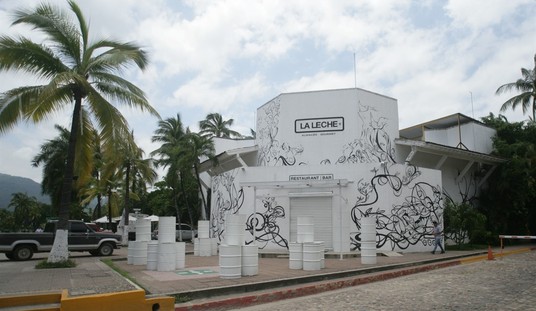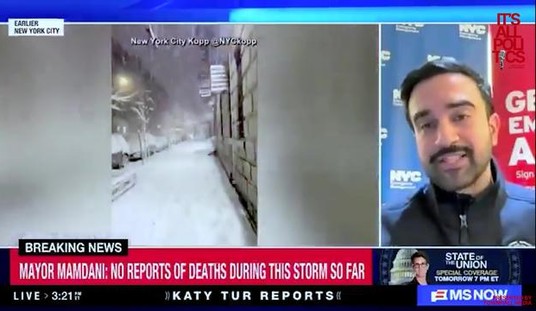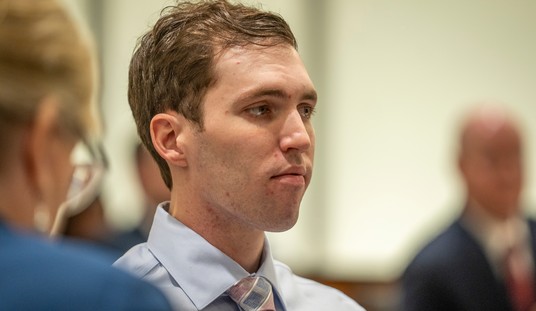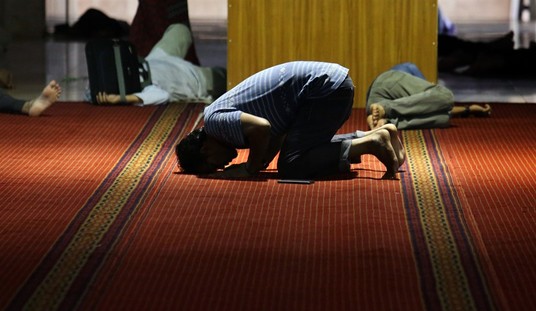In an unexpected and pointed statement, the Reagan Foundation and Institute, which oversees the late president’s library and promotes his legacy, has objected to the impending unconditional release of Ronald Reagan’s would-be assassin, John Hinckley Jr.
Last month, a federal judge, after consulting with the Biden Department of Justice, continued the steady legal process of easing restrictions on Hinckley. He ruled that as of next June, the unsuccessful assassin would be unconditionally released from the range of long-term restrictions that have controlled his life since March of 1981
That’s when Hinckley, allegedly attempting to impress actress Jodie Foster, severely wounded the newly-installed president and three others, including a Secret Service agent, local police officer, and press secretary James Brady, who was paralyzed.
Brady’s death from his brain wound on Aug. 4, 2014, was ruled a homicide, but no prosecution of Hinckley was opened.
Hinckley was indicted on 13 counts, pled not guilty by reason of insanity, and the jury agreed. He was confined to a mental institution for treatment and evaluation. Over succeeding decades, his incarceration was gradually relaxed. He proved as unsuccessful in three suicide attempts as he was in killing the 40th president.
Our RedState colleague Jennifer Oliver O’Connell has compiled Hinckley’s detailed and deeply-troubled history here.
But now, signaling the start of what could be a prolonged controversy like everything else these days, the Reagan Institute has commented with this reasoning:
We here at the Reagan Foundation and Institute are saddened to hear of the decision to unconditionally release John Hinckley, Jr. Contrary to the judge’s decision, we believe John Hinckley is still a threat to others and we strongly oppose his release.
We also believe anyone who attempts to kill a U.S. President, wounding others in the process, should not be allowed to walk free again.
The Institute is swimming against a strong legal current. We recently wrote about this pattern of leniency toward modern assassins here.
Over recent years, American authorities have released two females who attempted to kill President Gerald Ford after time served – Lynette “Squeaky” Fromme and Sara Jane Moore.
The California Parole Board has also recommended release of Sirhan Sirhan, a Palestinian who killed Sen. Robert Kennedy in 1968 as he campaigned for the Democratic nomination to face Richard Nixon that year. Vice President Hubert Humphrey went on to win the party’s nod and lose to Nixon that November.
Two of Robert Kennedy’s children support Sirhan’s release, which ultimately will be up to California Gov. Gavin Newsom to accept, deny, or modify.
However, six other Kennedy children strongly objected. In an August statement, they said:
Sirhan Sirhan committed a crime against our nation and its people. He took our father from our family and he took him from America….We are in disbelief that this man would be recommended for release.
We urge the Parole Board staff, the full Board, and ultimately, Governor Newsom, to reverse this initial recommendation. It is a recommendation we intend to challenge every step of the way, and we hope that those who also hold the memory of our father in their hearts will stand with us.
In its statement this week, the Reagan Institute said it “take(s) strength” from “President Reagan’s resilience in the face of such horror. As he wrote in his diary shortly after the attack: ‘Whatever happens now I owe my life to God and will try to serve him in every way I can.’” (April 10, 1981)
The Institute statement added:
We urge our community of supporters to focus on his legacy and preserve and promote his principles, while ensuring that all those who do harm unto others receive their due justice.
In a letter to the American people dated Nov. 5, 1994, President Reagan announced he had fatal Alzheimer’s disease. He wrote: “I now begin the journey that will lead me into the sunset of my life. I know that for America there will always be a bright dawn ahead.”
He was not seen in public again. He died 10 years later on June 5, 2004. His wife Nancy followed on March 6, 2016. They are buried together at the Reagan Presidential Library and Museum in Simi Valley, Calif.

